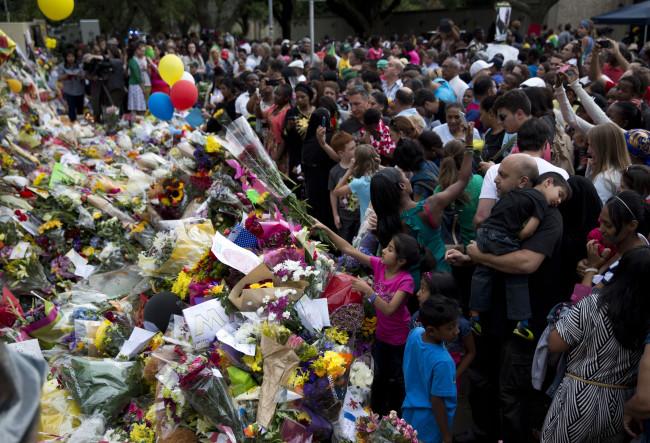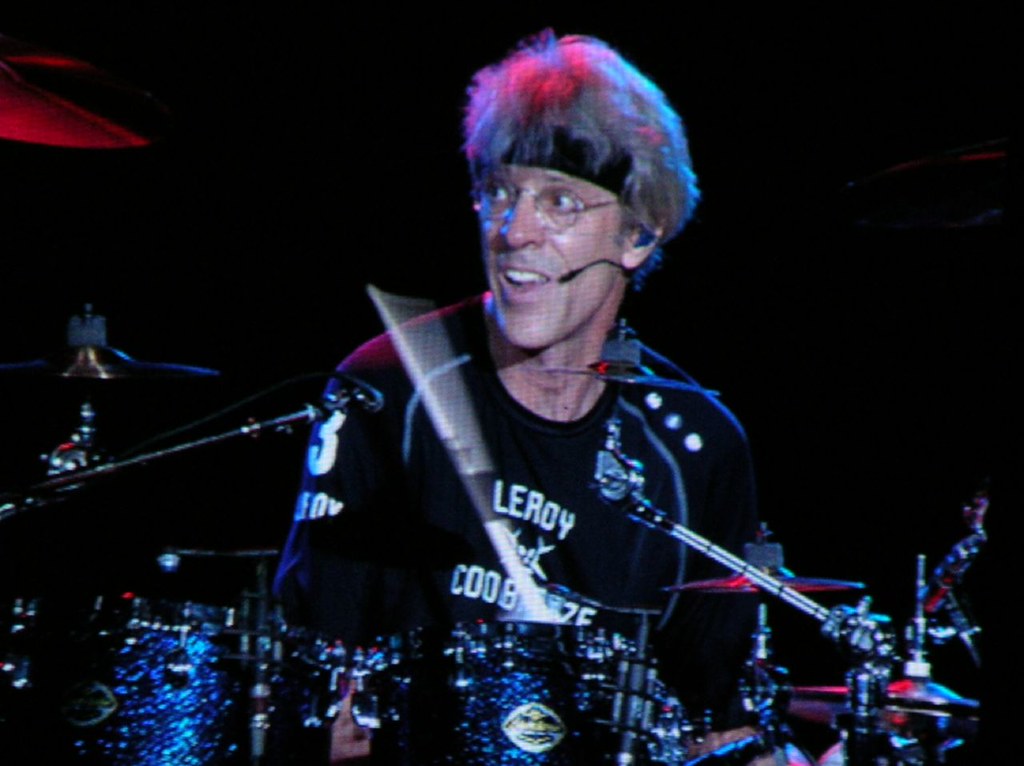
Nelson Mandela was a South African political activist who, after spending 27 years in prison at the hands of a repressive government, became that country’s first democratically elected president and oversaw the end of institutionalized South African segregation.
I imagine that’s the sort of cursory glossary description one might find in a secondary school textbook or encyclopedia. Of course no man’s legacy can adequately be summarized in one sentence, but the politics of memory that surround Mandela (as well as civil rights figures the world over) have long fascinated me.
To many Americans, Mandela was a grandfatherly old man. Morgan Freeman portrayed him in the 2009 film Invictus, and I imagine people will conflate the two men for years. He was a tenacious politician who stood firm against a clearly defined evil, and all the forces of good converged on his side.
The problem with this narrative is that it underplays the complex monster that Mandela and the African National Congress were going up against. One of the reasons why apartheid was such an evil system was that it was so entrenched, so many people (especially those in power) saw no reason why it would or should change.
Consider that many Western nations, including the United States and the United Kingdom, branded Mandela’s ANC a terrorist organization. It took decades before the U.S. took a firm stance against the South African government.
It strikes me that most of us college students here would not have been the ones wearing bracelets saying “Free Nelson Mandela” in the 1980s in the midst of Mandela’s 27-year prison sentence. Most of us probably would have been indifferent to the abuses running rampant on the edge of the African continent.
I don’t say this to make students here feel bad because of their privilege.
I personally don’t think “white guilt” complexes yield a whole lot of productive action.
However, if we ignore the context in which Mandela was fighting, we can never truly appreciate the changes he helped effect.
Mandela was a complex individual. He, like his contemporary Jomo Kenyatta, would likely tell his followers that they must “suffer without bitterness” in the struggle against invidious discrimination, yet Mandela had plenty of reason to be bitter himself. In 1960, following the Sharpeville massacre that killed 69 peaceful South African demonstrators, Mandela briefly argued perhaps “blood for blood” was the only way to make the white minority government understand the ANC’s grievances.
Moreover, there is evidence suggesting that Mandela allied himself with the Communist Party, not because of a sincerely held belief in the ideology, but rather for political reasons. The alliance was short lived, and should surely not convince us that Mandela was a leftist freak as many right-wing blogs might suggest, but at the same time, these are the kind of details that often go overlooked.
We would do well to remember Mandela’s legacy, but we cannot cherry pick the elements that make us feel better.
Mandela fought systematic and de jure injustice, and that struggle will certainly not end any time soon.
Bub is a senior majoring in history, English and political science.














